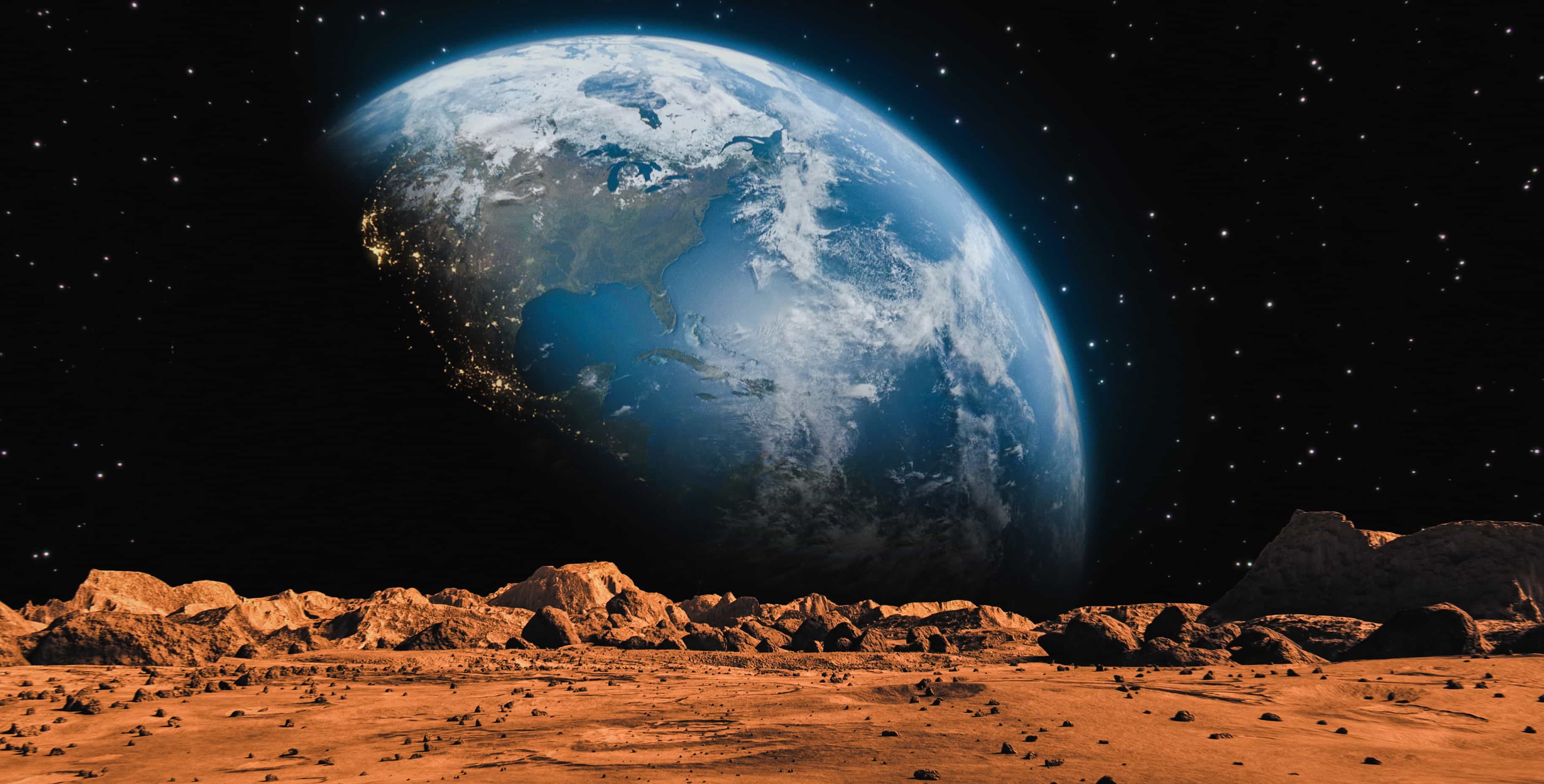
Space colonization is a concept that has captivated the human imagination for decades. The idea of human beings living and establishing settlements on other planets or moons is both exhilarating and mind-boggling. As we continue to explore the vastness of the universe, it becomes increasingly important to understand the possibilities and challenges of space colonization. In this article, we will delve into 8 mind-blowing facts about space colonization that will leave you in awe of the potential future we could be facing. From the possibility of terraforming Mars to the development of sustainable ecosystems in space, these facts will shed light on the incredible advancements and innovations in the field of space exploration. So buckle up and prepare to be amazed by the possibilities that lie beyond our planet!
Key Takeaways:
- Humans may soon travel between star systems and build colonies on other planets, opening up possibilities for space tourism and resource extraction from celestial bodies.
- Space colonization could lead to the discovery of alien life, advance scientific knowledge, and push the boundaries of technology for the benefit of humanity.
Interstellar Travel is Possible
In the not-too-distant future, humans may have the ability to travel between star systems. With advancements in propulsion technology and the potential discovery of wormholes, the dream of exploring distant galaxies could become a reality.
Construction of Extraterrestrial Habitats
Space colonies and habitats can be built on celestial bodies such as the Moon or Mars. These structures would provide shelter, resources, and a sustainable living environment for future generations of space explorers.
Terraforming Other Planets
Scientists have theorized that it may be possible to modify the environments of other planets, making them more suitable for human habitation. By altering factors such as temperature, atmospheric composition, and water availability, we could potentially transform other worlds into Earth-like habitats.
Long-Term Space Settlement
Space colonization isn’t just about short-term missions. The ultimate goal is to establish permanent settlements beyond Earth. These settlements would serve as self-sustaining communities, with their ecosystems, agriculture, and industries.
Mining Resources from Space
Space colonization opens up opportunities for resource extraction from celestial bodies. Asteroids, for example, contain valuable minerals and metals that could be mined and utilized for further space exploration or brought back to Earth.
Possibility of Alien Life
Space colonization may bring us closer to finding evidence of extraterrestrial life. Exploring other planets and moons could lead to the discovery of microbial lifeforms or even complex organisms thriving in harsh environments.
Space Tourism and Beyond
With space colonization, the possibilities for space tourism become a reality. People would have the opportunity to travel to space, experience zero gravity, and witness the awe-inspiring views of the universe.
Advancing Scientific Knowledge
Space colonization pushes the boundaries of scientific knowledge in many fields, including astrophysics, biology, and engineering. The technologies developed for space exploration have far-reaching applications that benefit humanity as a whole.
Conclusion
In conclusion, space colonization is a concept that continues to captivate the minds of scientists, explorers, and dreamers alike. The possibilities that lie beyond our home planet are both exciting and mind-boggling. With advanced technologies and a growing understanding of the universe, we are now closer than ever to making our mark in space.From the potential to establish sustainable habitats on other planets to the prospect of mining valuable resources from asteroids, the future of space colonization holds immense promise. However, it is essential to approach this endeavor with caution, considering the ethical implications and the need to preserve celestial bodies for future generations.As we dive deeper into the mysteries of the universe, we must strive to strike a balance between exploration and conservation. Space colonization may still be in its infancy, but the potential it holds for expanding our horizons, fostering scientific advancements, and ensuring the survival of humanity is truly mind-blowing.
FAQs
Q: Will humans ever live on other planets?
A: The possibility of humans colonizing other planets is not far-fetched. Scientists and organizations like NASA are researching and developing technologies to make this a reality in the future.
Q: How will we sustain life on other planets?
A: Sustaining life on other planets will require creating self-contained habitats that can provide a suitable environment for humans through advanced life support systems, resource management, and recycling.
Q: What are the benefits of space colonization?
A: Space colonization can lead to advancements in technology, resource exploitation, and expansion of human civilization. It also serves as an insurance policy for the survival of our species in case of catastrophic events on Earth.
Q: What are the challenges of space colonization?
A: Some of the challenges include overcoming the harsh environment of space, developing long-duration space travel capabilities, ensuring the safety of astronauts, and addressing ethical concerns, such as the impact on pristine celestial bodies.
Q: How far are we from colonizing other planets?
A: While significant progress has been made, we are still years away from establishing permanent human colonies on other planets. The timeline will depend on the advancement of technology and the allocation of resources towards space exploration.
Space colonization is a thrilling prospect, but there's still much to learn. Astonishing technologies are being developed that could make extraterrestrial habitats possible. Enigmatic facts about potential space settlements await your discovery. Unravel the mysteries of humanity's future beyond Earth by exploring these captivating topics further.
Was this page helpful?
Our commitment to delivering trustworthy and engaging content is at the heart of what we do. Each fact on our site is contributed by real users like you, bringing a wealth of diverse insights and information. To ensure the highest standards of accuracy and reliability, our dedicated editors meticulously review each submission. This process guarantees that the facts we share are not only fascinating but also credible. Trust in our commitment to quality and authenticity as you explore and learn with us.


